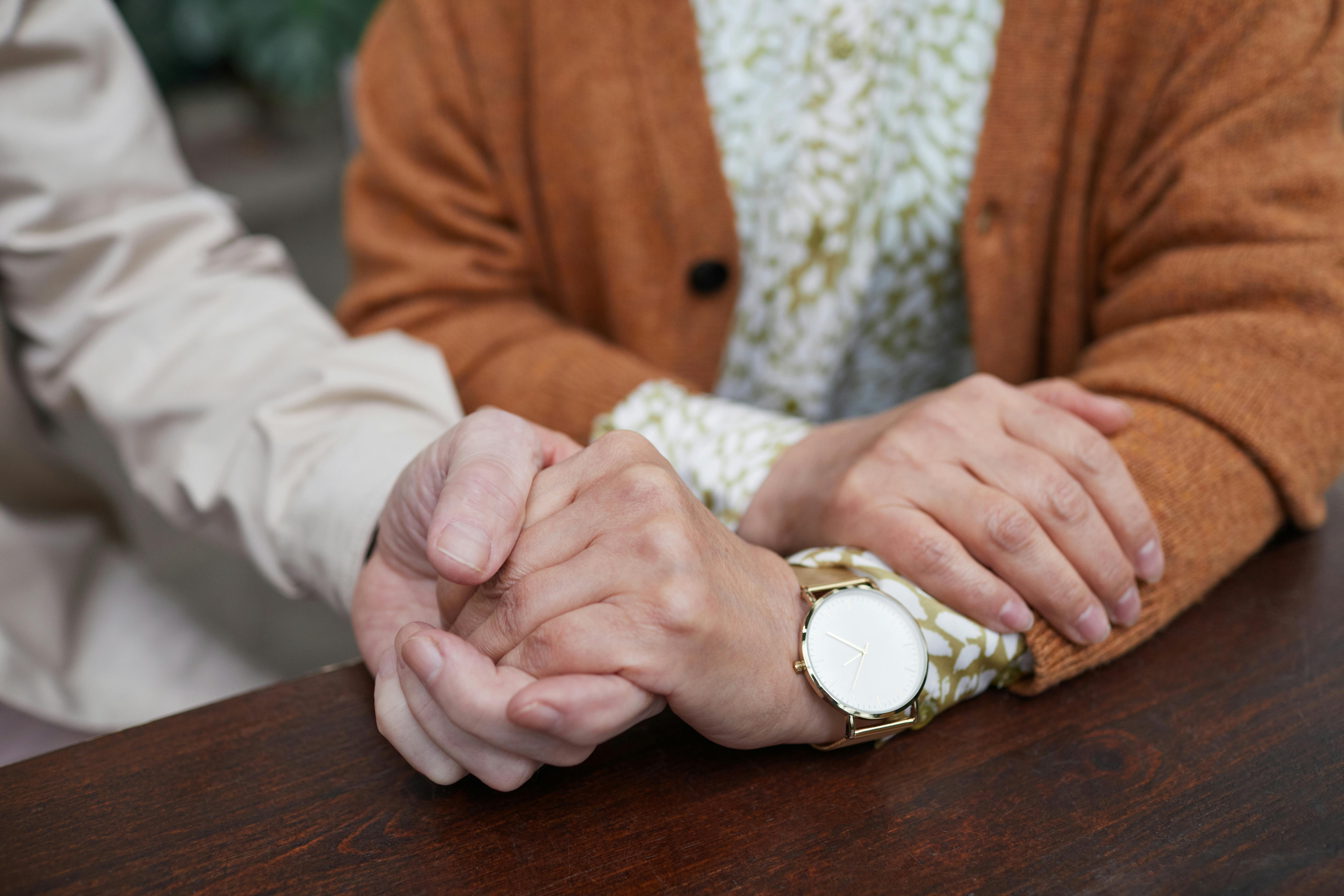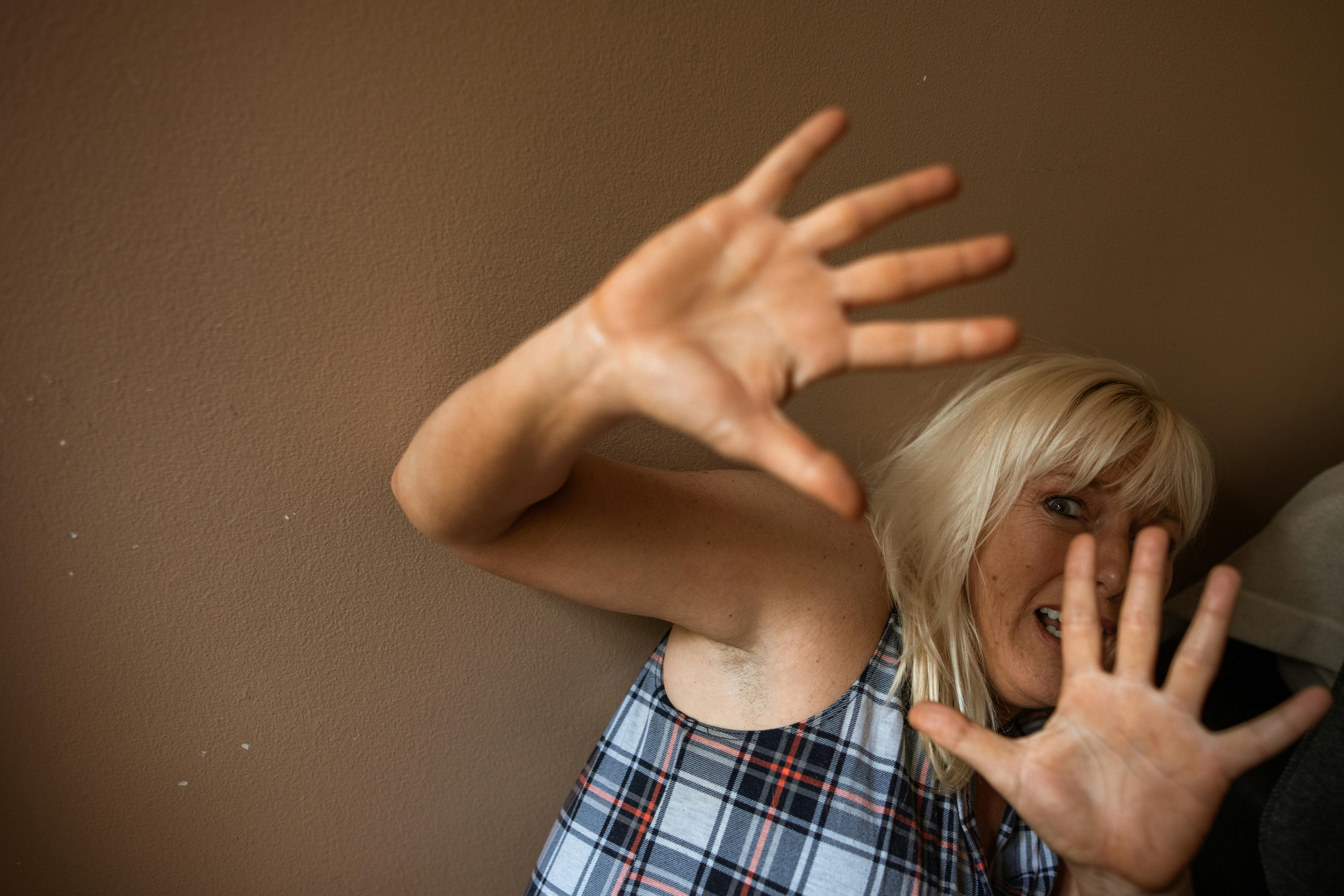
Honey, where are the car keys?
Q: My mother is always losing, hiding and hoarding things, I am losing my mind! What can I do to stop it?
A: This is a great question and I have a lot of material to work with.
My grandmother had made me the most beautiful rugs. A resident of my adult family home insisted they were the ones she made and she took them when I wasn’t looking. He would put her to bed at night only to find my pads hidden in her diaper.
One night after dinner we discovered a client’s $3000.00 pair of hearing aids wrapped in a nice napkin and tucked into her drinking cup.
Some residents were going through the belongings of others, when I suggested that they stop because the bag belonged to someone else, they responded: “I know” and continued digging.
The strangest experience I had was a resident who was so into shopping for clothes that she would go shopping in other people’s closets.
Invariably, just when you need something, it disappears, whether it’s your rugs, car keys, glasses, or headphones. Hiding, hoarding, and losing things are very common things you have to deal with when you are caring for someone with Alzheimer’s.
To reduce the chance of losing very important things, here is a list of things you can do to help.
1. Simplify your environment. You’d be surprised how easy it is to care for a person with Alzheimer’s if he isn’t surrounded by clutter. If you lose something, you’ll have less searching to find it.
2. Keep the really important things in a locked and safe place.
3. Childproof cabinets and doors that you don’t want your loved one rummaging through.
4. Don’t leave things lying around.
5. Keep your loved ones’ glasses, hearing aids, and teeth in a plastic container or tub when you put them to bed at night. That way you always know where they are in the morning.
Here are some other things to keep in mind.
1. People with Alzheimer’s like to put their teeth and hearing aids in their napkins at mealtimes. Always check napkins before throwing them away.
2. Check your trash cans before throwing away.
3. Check Your Pockets Before Doing Laundry: If you haven’t put anything of value in them I can almost guarantee there’s a Kleenex in them, a load of laundry washed with a Kleenex isn’t much fun.
4. If a person with Alzheimer’s disease is ambulant, they will also want to check the sides of their chairs frequently.
While you may not be able to stop this behavior entirely, you may be able to control it a little better with these tips.








